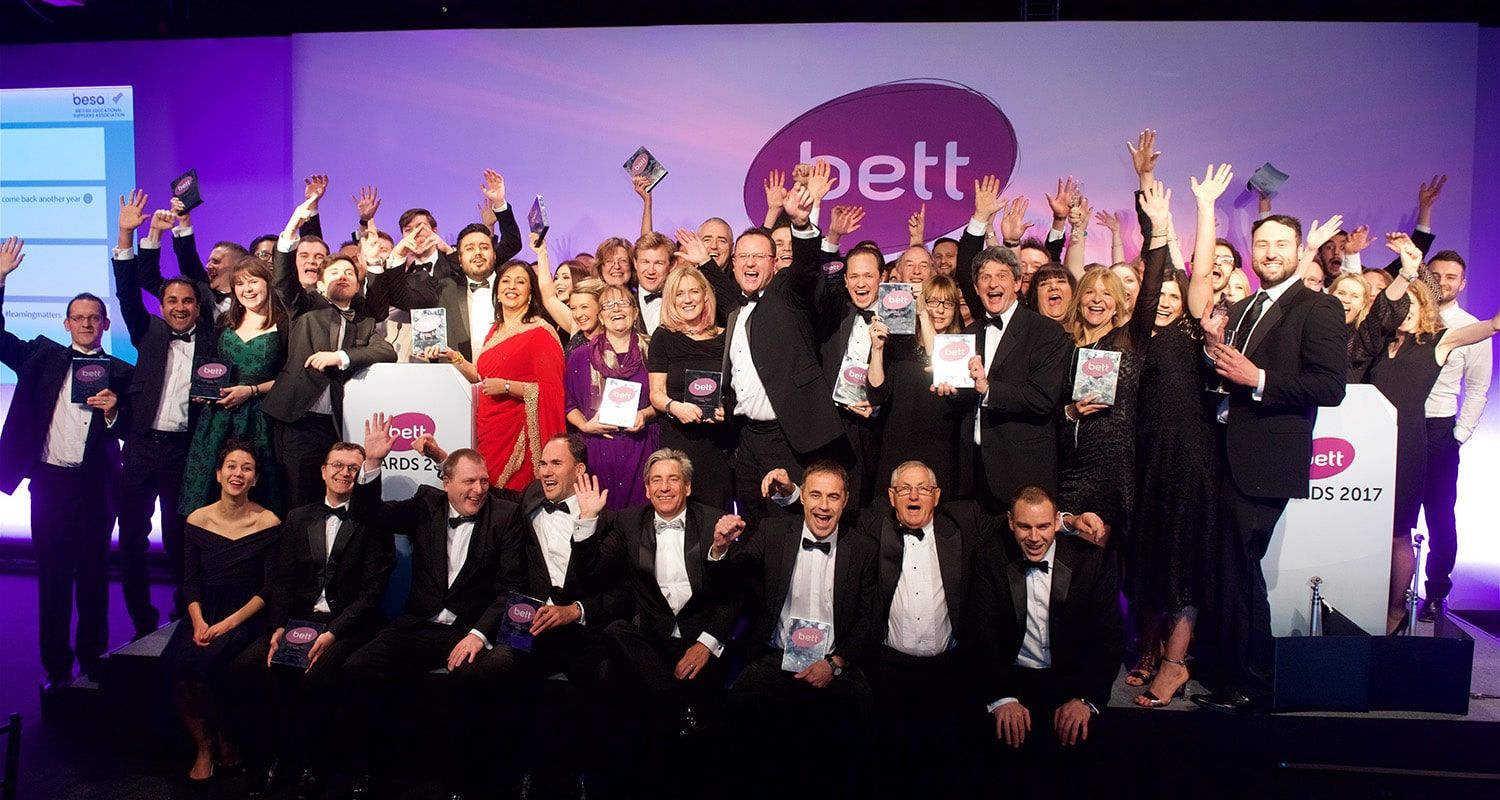
“I’ll tell you what I want, what I really, really, want!”
Published
Thursday, 13 July
Author
Mark Rosser
Categories
Share
Bett Awards from a Judge perspective
Judging the Bett Awards gives me an opportunity to see the technologies on the near horizon, the ideas that will help transform education and the products that are making them a reality. The things that will transform classrooms.
Ideally I’m looking for something so compelling that I want to take it into a school and use it straight away. A resource that can change practice, that will make a difference to the educational experiences of children and young people, especially, in my case, those with special educational needs and disabilities, the ones with the biggest challenges to learning. The ones where the use of technology can literally change a life.
Beyond that broad ambition I don’t have any particular criteria. It could be hardware or software, web-based or local, PC or iPad, teacher-focused or learner-centred, assessment tool or admin system. Anything that can make something happen differently for the benefit of the pupils.
It could be a new way to record data so we can better understand their learning needs and abilities. Or a means to speed up a process that frees up time for working with them. It might be a new device that changes how learners demonstrate their learning, or a website that engages and absorbs, helping them to connect and understand.
Whatever it is, it will be innovative: doing something differently, whether that is demonstrating a creative approach to an established routine, or making possible opportunities that would be otherwise unavailable.
For you, as a proud creator, producer and supplier of just such a resource, the instigator of a transformative “bright idea”, I’m sure it can be frustrating when other people don’t get it quite as clearly as you do. Such as judges of trade competitions.
To help us see and understand your brainchild just as you would want us to, here’s some tips that might help.
DO be direct. At the very beginning of your submission, say what it is. If you were entering a new pencil say, “It’s a pencil.” Don’t say, “It’s the latest development of a long-established, carbon-based, technology that offers flexibility in producing text and graphics only limited in its reach by the users skill and imagination.”
DO say why it is innovative. It is not always obvious. It could be that you’ve designed a new way of assessing pupils, but it is sitting behind a standard interface. Or, you’ve created a highly accessible interface that provides significant new ways of understanding and interpreting data for a long established monitoring system. Give us a hand to “get it”.
DO explain what’s different if yours is an established product, especially if you entered the year before. Judges won’t necessarily know a product well enough to spot what’s new.
DO provide evidence where you can. This could be in-depth research from a PhD thesis explaining the neuroscience involved, or a case study from a teacher, a magazine article, or extracts from a discussion on a forum. Anything to help make your case and show the potential.
DO tell us if it is linked to any particular approach to learning, either theoretical ones, such as Behaviourism, Constructivism or Synthetic Phonics, or classroom practice, like registration, or Circle Time.
DO be clear about training requirements. Is it something that teachers can pick up and use straight out of the box? Or is there a comprehensive support package?
DON’T be shy about the price. Whilst value for money is important, innovation isn’t necessarily cheap. Cost is seldom the deciding factor.
DO test any links you provide, along with access credentials. It can be a cause of frustration if they don’t work.
DO make sure you have a product to judge. Occasionally entries seem to have been put in “on spec”, for an idea that has yet to materialise.
DO try to make our job easy. We want to spend our time appreciating your product, not trying to work out what it is, how we get to look at it, or what it offers that nothing else does.
On my part, I will try to be objective, giving everything that comes before me a fair go at demonstrating its worth. And, even if it doesn’t win, I want to appreciate your creative, imaginative approaches to teaching and learning, to changing classroom practice, and improving outcomes for learners.
Ultimately, I am looking for something that I know will make a difference for pupils. A bright idea I can’t wait try with them.
